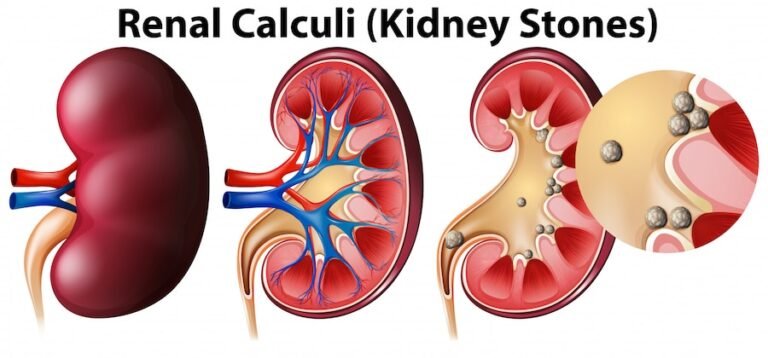Promising Biomarkers For Early Detection Of Kidney Cancer
Kidney cancer, also known as renal cell carcinoma (RCC), is among the top ten most common cancers worldwide. Early detection of kidney cancer is crucial for effective treatment and improved patient outcomes. While imaging techniques like ultrasound, CT scans, and MRIs play a vital role in diagnosing kidney cancer, the search for reliable biomarkers for early detection has been ongoing. Biomarkers are measurable substances in the body that can indicate the presence of disease, and recent advancements in this field offer promising avenues for early diagnosis of kidney cancer.
To Know More About It Please Click Here
Understanding the Need for Biomarkers
Current diagnostic methods for kidney cancer primarily rely on imaging techniques, which may not always detect tumors at an early stage. Moreover, many kidney cancers are asymptomatic in their early stages, further emphasizing the need for biomarkers that can detect the disease before it progresses to an advanced stage. Biomarkers offer the potential for non-invasive and cost-effective methods of screening individuals at high risk of kidney cancer, such as those with a family history of the disease or certain genetic predispositions.
Promising Biomarkers in Kidney Cancer Detection
Several biomarkers have shown promise in aiding the early detection of kidney cancer:
- Kidney Injury Molecule-1 (KIM-1): KIM-1 is a protein that is elevated in the urine of individuals with kidney injury, including those with kidney cancer. Studies have shown that increased levels of KIM-1 in urine samples may serve as a biomarker for the early detection of kidney cancer.
- MicroRNAs (miRNAs): miRNAs are small RNA molecules that regulate gene expression and have been implicated in various cancers, including kidney cancer. Alterations in miRNA expression profiles have been observed in kidney cancer tissues, suggesting their potential as biomarkers for early detection.
- Soluble Fas (sFas): Fas is a cell surface receptor involved in apoptosis (cell death), and soluble forms of Fas (sFas) have been detected in the serum of kidney cancer patients. Elevated levels of sFas have been associated with the presence of kidney tumors, making it a promising biomarker for early detection.
- Carbonic Anhydrase IX (CAIX): CAIX is an enzyme that is overexpressed in many types of cancer, including clear cell renal cell carcinoma (ccRCC), the most common subtype of kidney cancer. Detection of CAIX in urine or blood samples may serve as a non-invasive biomarker for early-stage kidney cancer.
Challenges and Future Directions
While these biomarkers show promise in early detection, several challenges need to be addressed before they can be widely implemented in clinical practice. These challenges include standardizing detection methods, validating biomarker specificity and sensitivity, and establishing robust protocols for sample collection and analysis. Additionally, further research is needed to identify novel biomarkers and refine existing ones to improve their accuracy and reliability.
Conclusion
Early detection of kidney cancer is essential for timely intervention and improved patient outcomes. Promising biomarkers offer potential non-invasive methods for identifying individuals at high risk of kidney cancer or those with early-stage disease. Continued research efforts aimed at validating and refining these biomarkers will be crucial in advancing early detection strategies and ultimately reducing the burden of kidney cancer worldwide.
Also, Follow us on Instagram







